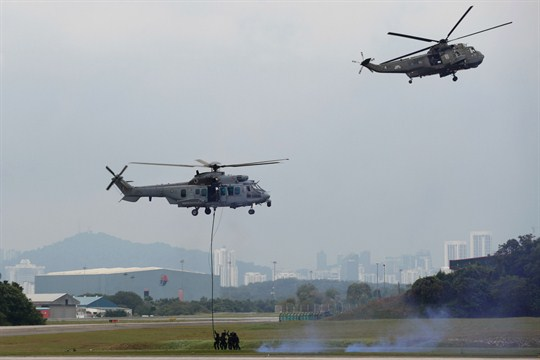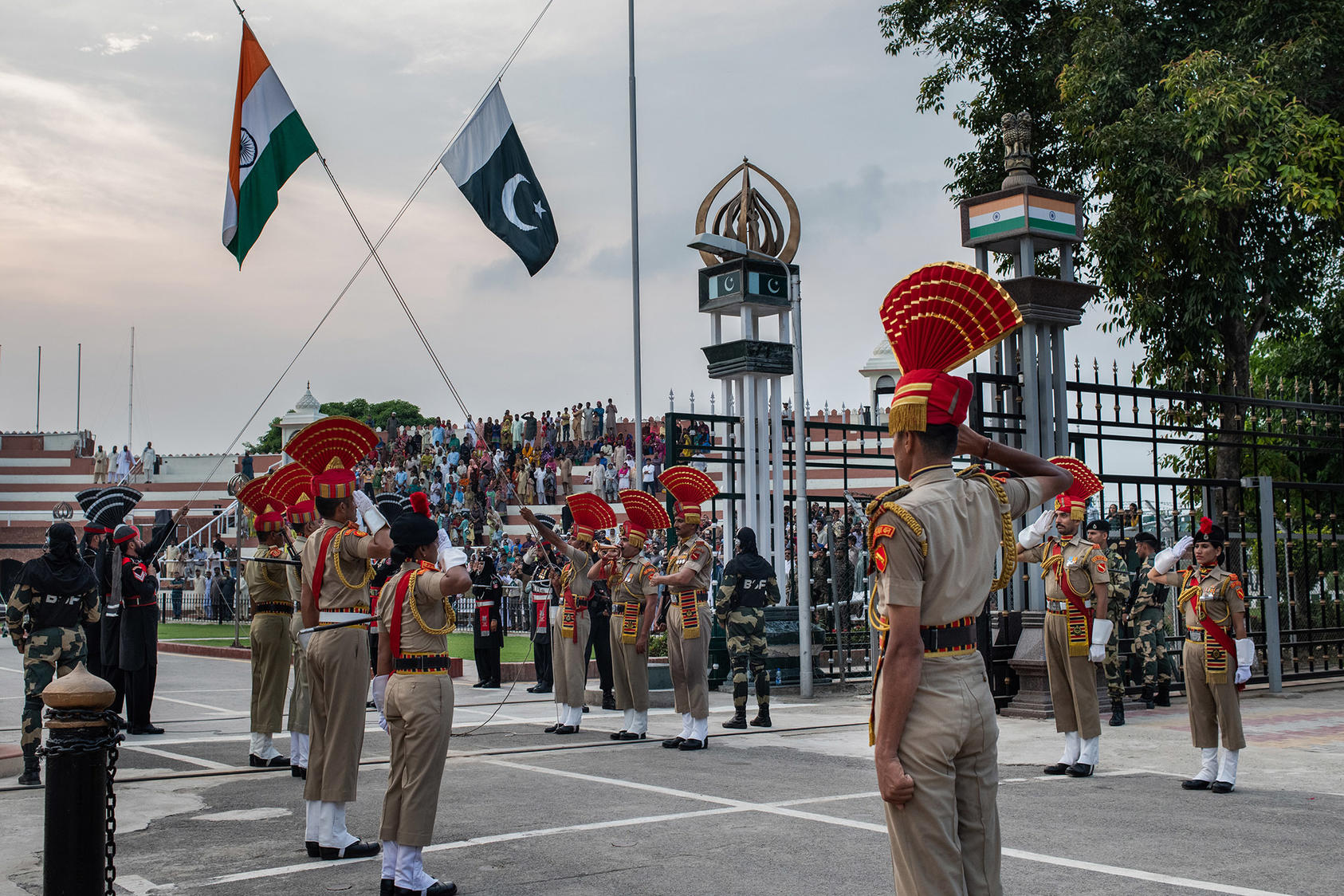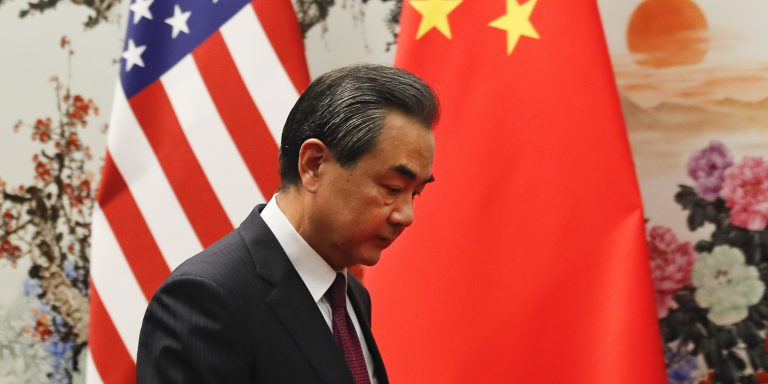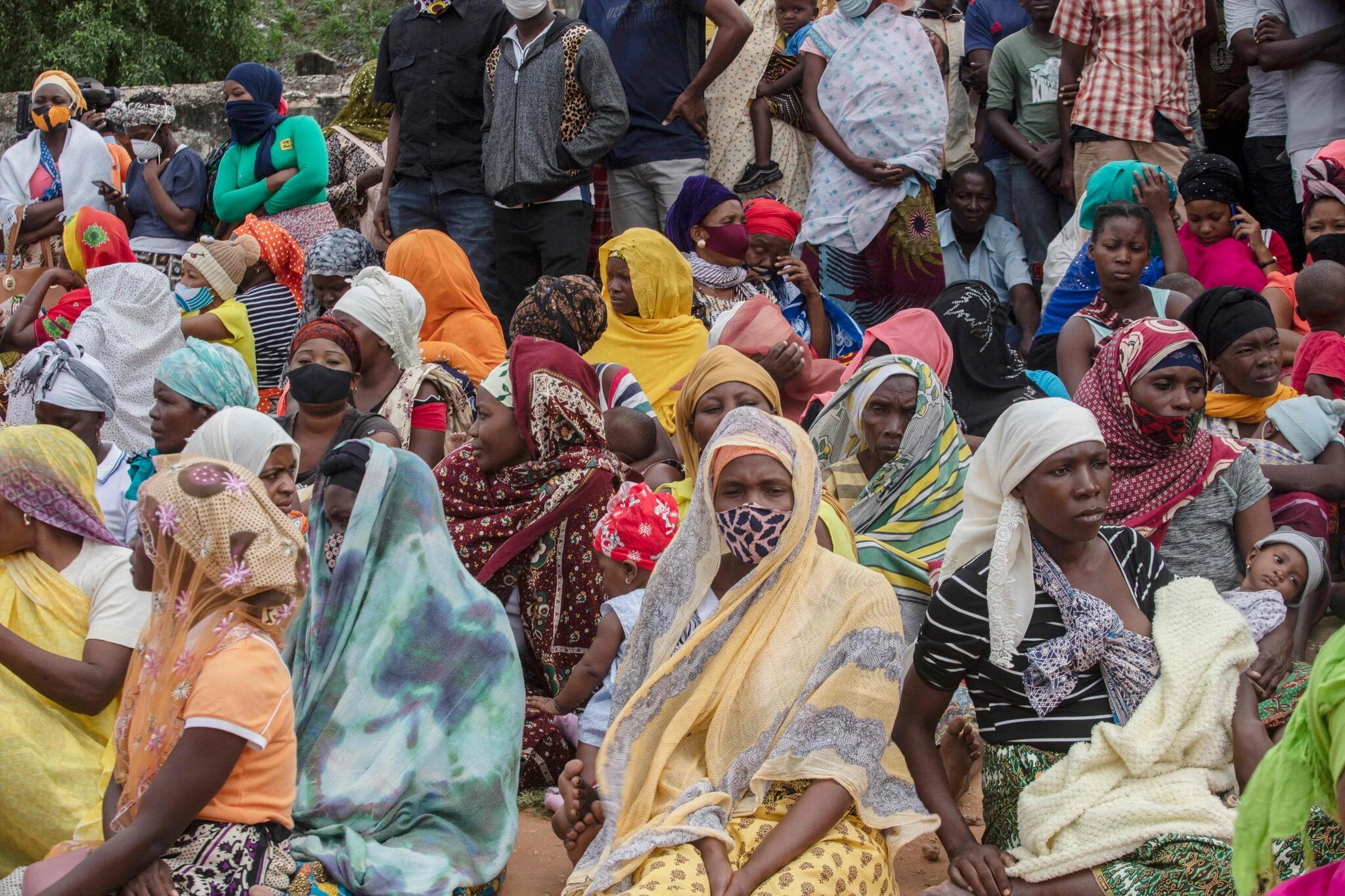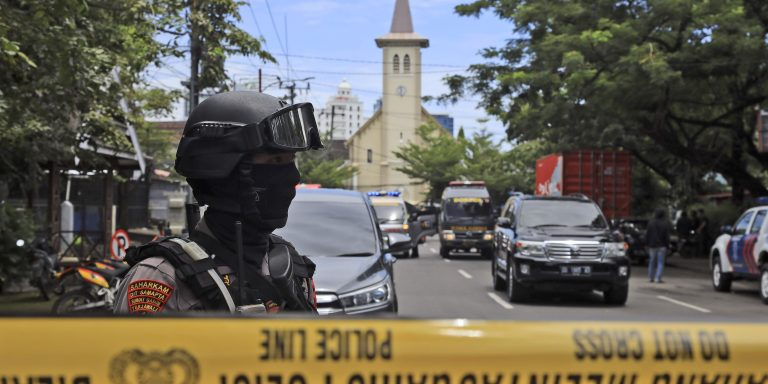North Atlantic Council Ministerial Statement On Afghanistan
In 2001, Allies invoked Article 5 of the Washington Treaty for the only time in NATO’s history and went to Afghanistan together with clear objectives: to confront al-Qaeda and those who attacked the United States on September 11, and to prevent terrorists from using Afghanistan as a safe haven to attack us. In the ensuing decades through the investment of blood and treasure, and in partnership with the Islamic Republic of Afghanistan and its security forces, we have worked together to achieve these goals.

